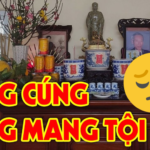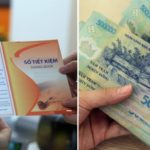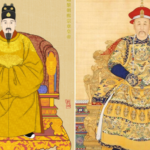Few people know that the paper money we keep in our wallets has a fascinating history. With progressive ideas, after ascending to the throne, this king reformed the military and issued the first paper money in our country’s history.
1. Which king issued the first paper money in our country’s history?
The Hồ Dynasty came to power in a special situation when the Trần Dynasty was weakening, the country was exhausted, and the Ming Dynasty was trying to invade. Faced with this situation, Hồ Quý Ly, a progressive-minded official, tried every means to revive the country.
Having grown up as a grand official with close ties to King Trần Minh Tông, after years of consolidating his forces, Hồ Quý Ly dethroned King Trần and proclaimed himself king, starting the Hồ Dynasty in history. After ascending to the throne, he renamed the country Đại Ngu and officially started producing paper money.
In April 1396, the Hồ Dynasty issued paper money called “Thông bảo hội sao”. The form of paper money includes: a 10-dong note with a dragon drawing, a 30-dong note with a wave drawing, a 1-tien note with a cloud drawing, a 2-tien note with a turtle drawing, a 3-tien note with a unicorn drawing, a 1-quan note with a dragon drawing. The issued coins did not indicate the reign of the king. According to the Complete Annals of Đại Việt, in April Bính Tý (1396), the court began sending people to exchange paper money for metal coins among the people, with 1 quan coin normally being exchanged for 2 paper coins.
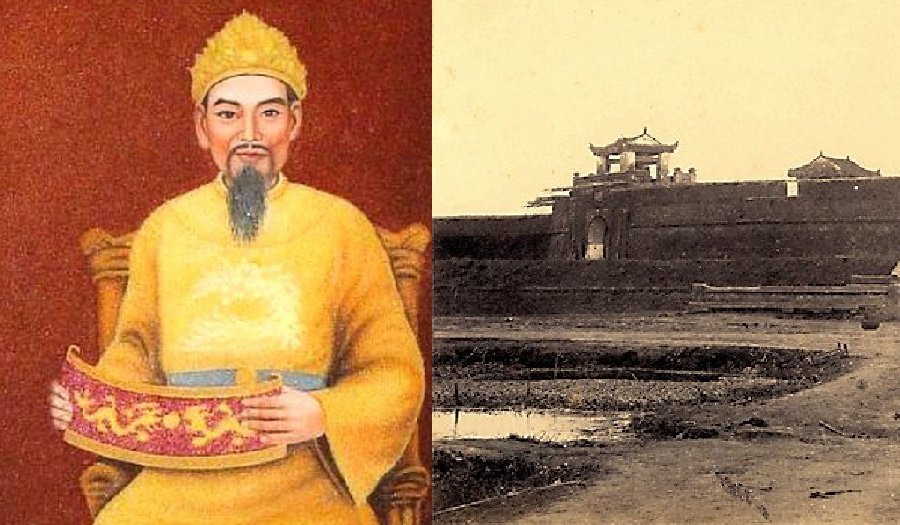
Paper money contributed to Hồ Dynasty’s collection of a large amount of copper coins used for casting weapons, especially the miraculous guns, a new type of weapon that emerged during this period. The use of paper money did not receive the support of the people, and the Hồ Dynasty failed in this monetary reform. In 1403, after seven years of issuance, paper money was still not widely used, and the state banned copper coins, forcing the people to exchange goods through bartering. The state had to set the value of paper money for exchange and establish laws that criminalized hoarding paper money.
Hồ Dynasty’s “Thông bảo hội sao” paper money was easy to counterfeit (at that time, there were no complex technologies to prevent counterfeiting like today). In addition, the ink used for printing money was not durable, as it would blur if exposed to rain or water, causing the owner to lose their fortune (copper coins were not susceptible to moisture like that).
Using paper money at that time went against the principles of issuing currency, which required a solid foundation for people to trust the transactional value of the money. A large amount of counterfeit money led to the depreciation of paper money, i.e., inflation. Furthermore, if the court abused the printing of paper money to make up for the shortage of copper coins, inflation would become even more serious.
Polymer Money – the current currency in Vietnam
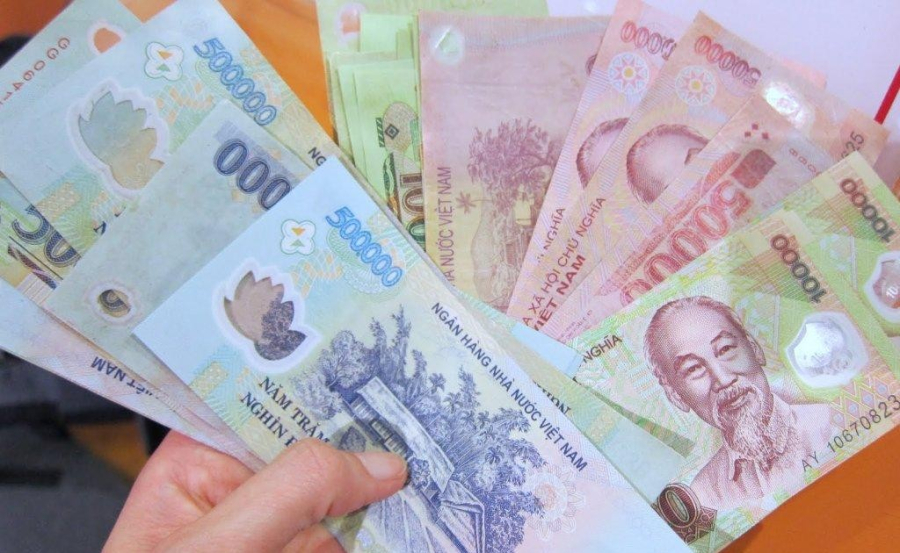
Currently, 23 countries around the world circulate banknotes made of polymer material, including three countries that use polymer banknotes exclusively in their currency systems; some countries use polymer banknotes for certain denominations; six countries are currently experimenting with polymer banknotes as commemorative money.
Polymer money in Vietnam was issued by the State Bank of Vietnam in 2003, with its value in circulation parallel to the old banknotes, aiming to meet the demand for currency circulation in terms of denomination structure (adding high-denomination banknotes) and variety. Polymer money has many advantages, such as being difficult to counterfeit, highly durable, waterproof, and suitable for use in modern devices such as ATMs and money counting machines.

























